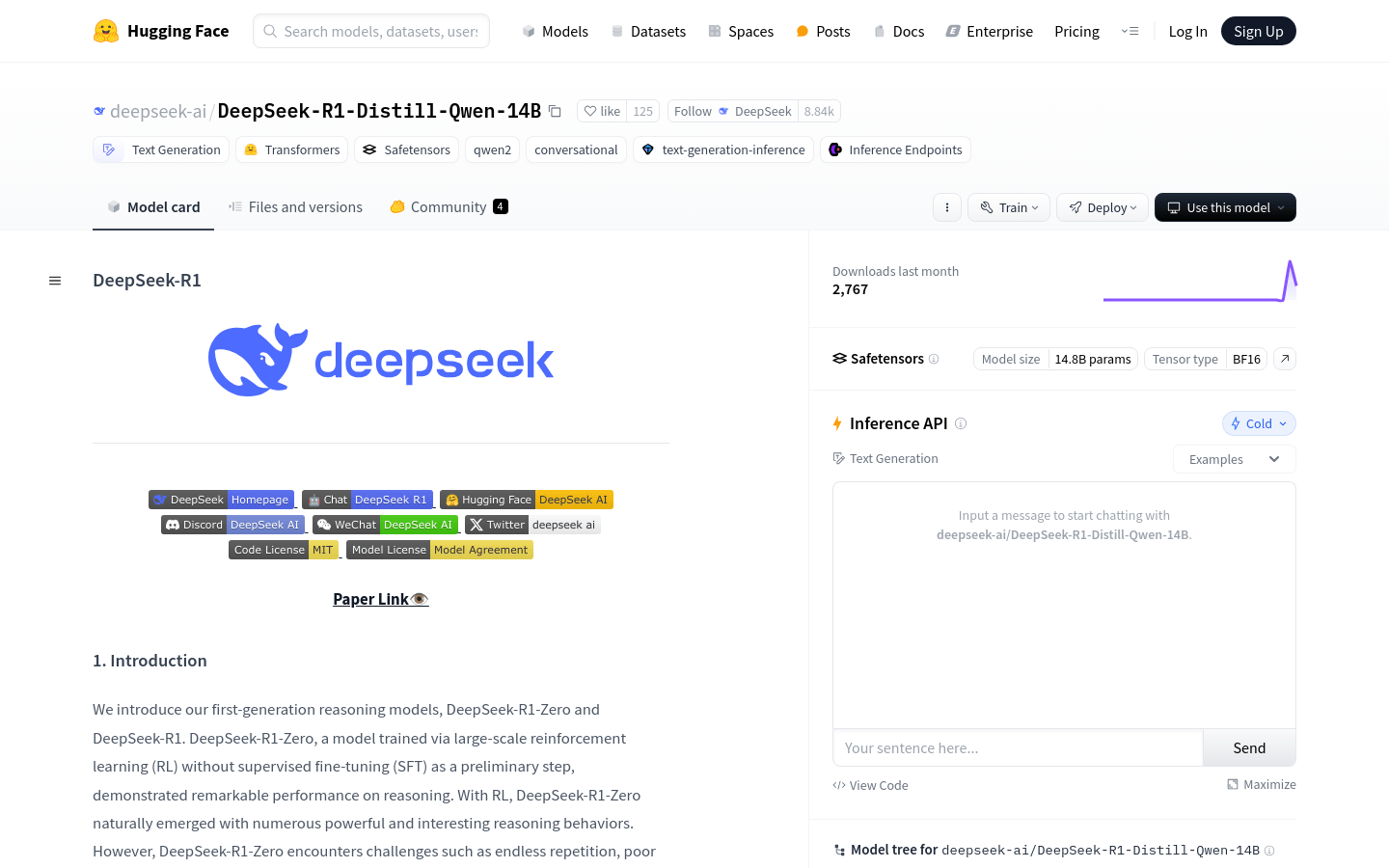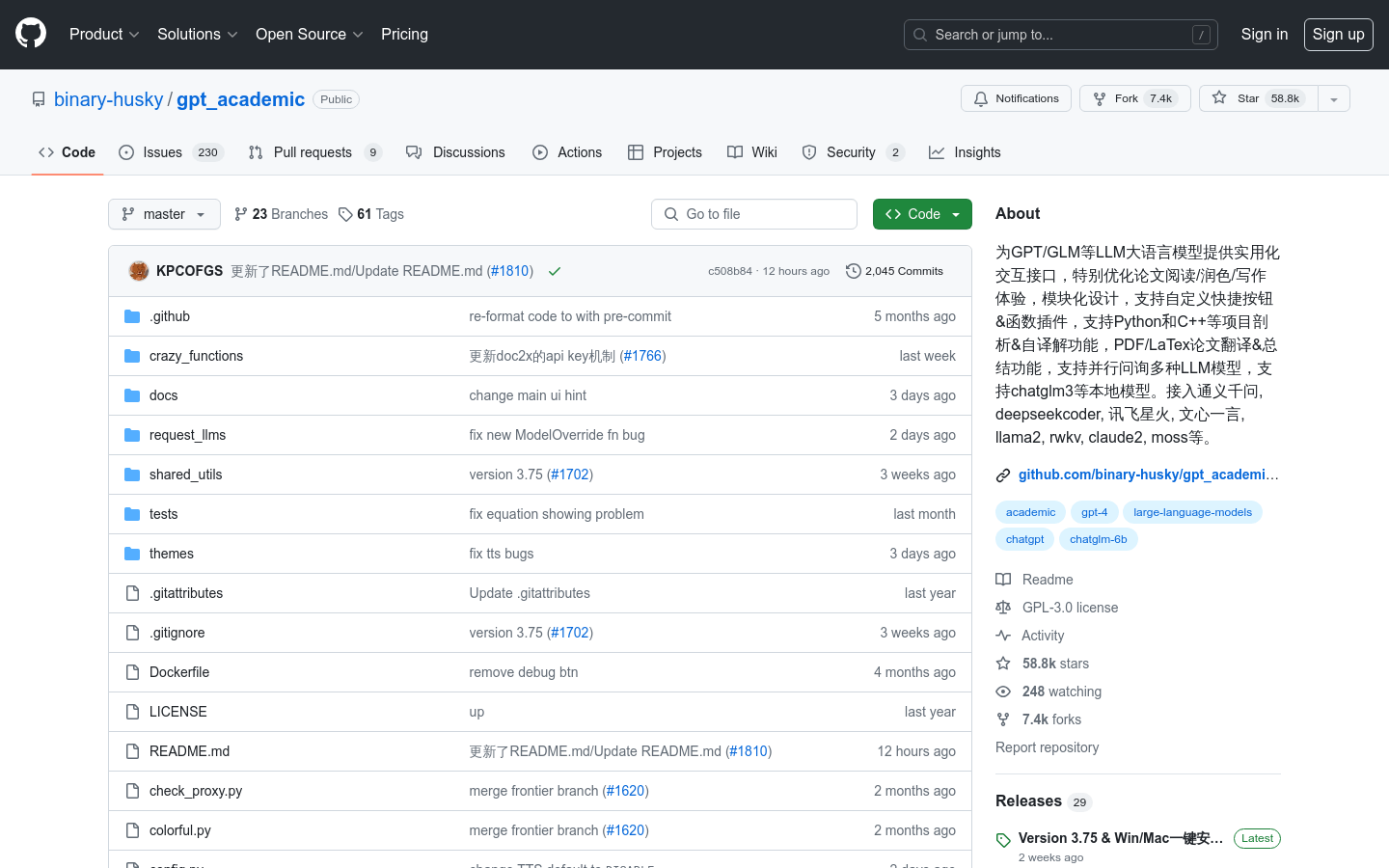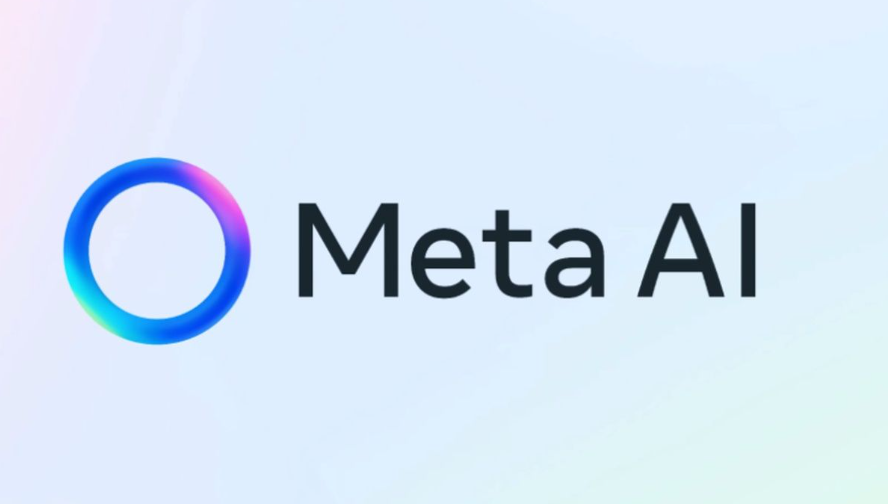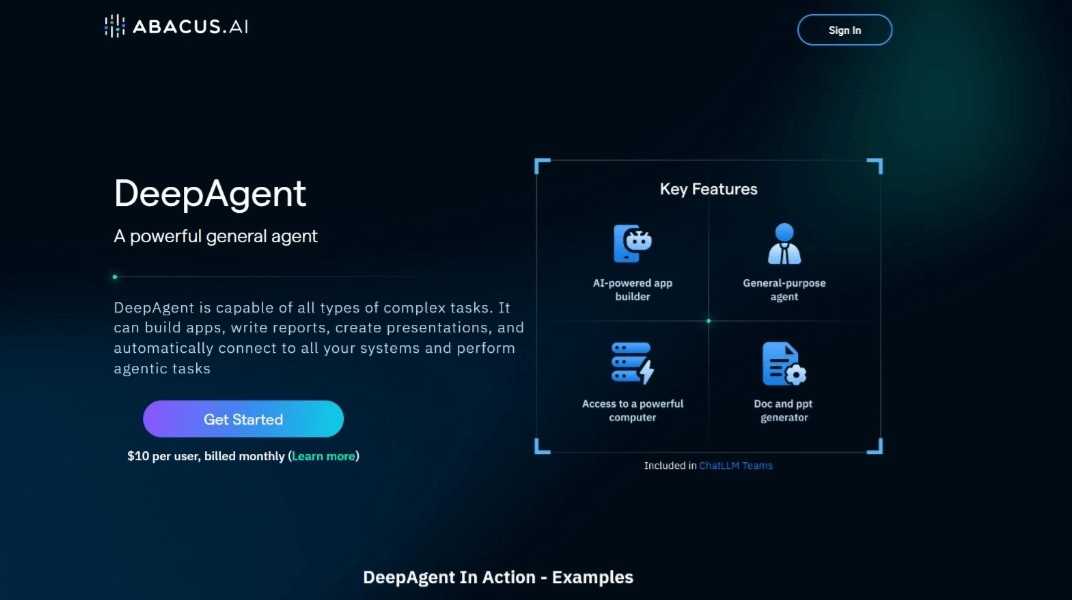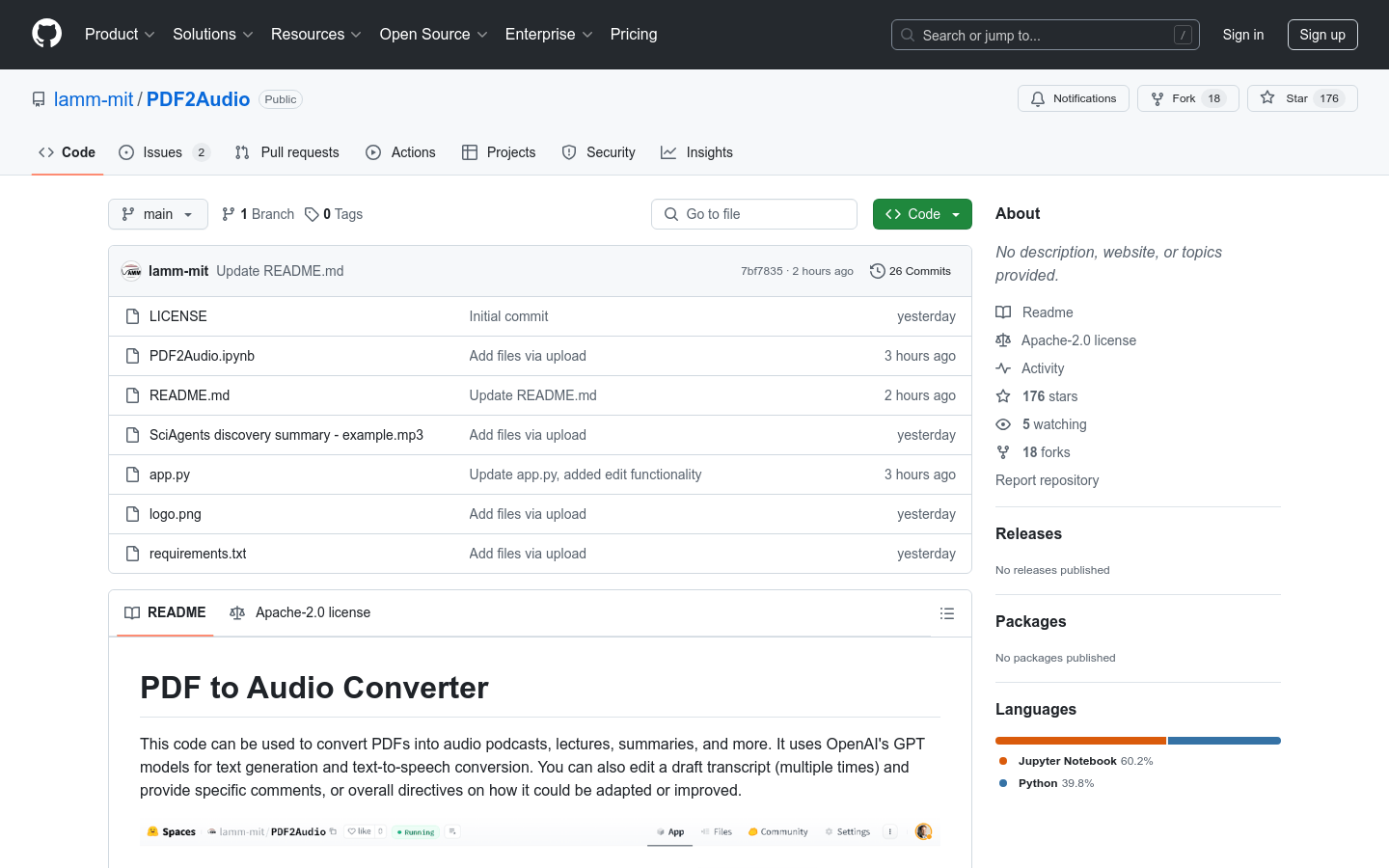
PDF2Audio is a tool that uses OpenAI's GPT model to convert PDF documents into audio content. It combines text generation and text-to-speech technology to provide users with a platform to edit drafts, provide feedback and suggest improvements. This technology is of great significance in improving the efficiency of information acquisition, assisting learning and education and other fields.
Demand group:
"The target users of PDF2Audio are professionals, students and educators who need to convert large amounts of document content into audio format to improve the efficiency of information acquisition. It is especially suitable for researchers who need to quickly browse large amounts of literature, or who want to use audio formats to Learners who learn new things."
Example of usage scenario:
Researchers convert academic papers into audio for studying while commuting
Students convert textbook content into audio for easier review and learning
Podcast creators convert articles into podcast scripts to increase content production efficiency
Product features:
Support uploading multiple PDF files
Provides a variety of instruction template choices (such as podcasts, lectures, abstracts, etc.)
Allows custom text generation and audio models
Supports selecting different voices for reading aloud
Iterate through specific or general comments and edit drafts
Can be used on Colab
Support local installation and operation
Usage tutorial:
Clone the code repository locally
Install Miniconda (if not already installed)
Verify installation: execute `conda --version`
Create a new Conda environment: `conda create -n PDF2Audio python=3.9`
Activate the Conda environment: `conda activate PDF2Audio
Install the required dependencies: `pip install -r requirements.txt`
Create a .env file in the project root directory and add your OpenAI API key
Make sure you are in the project directory and your Conda environment is activated: `conda activate PDF2Audio
Run the Python script to start the Gradio interface: `python app.py`
Open the URL provided by the terminal in your browser (usually http://127.0.0.1:7860)
Upload PDF files and convert to audio using Gradio interface


